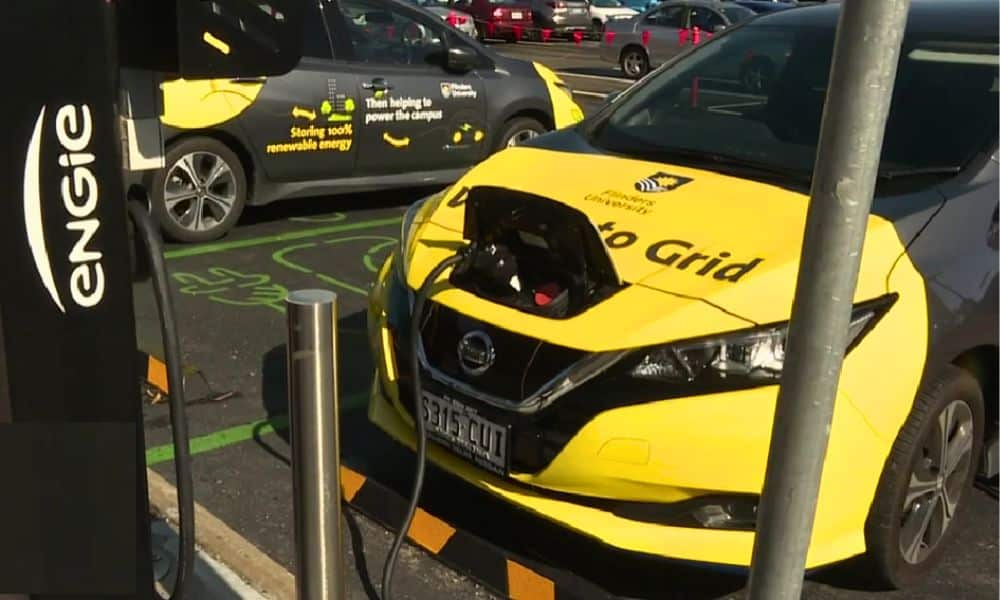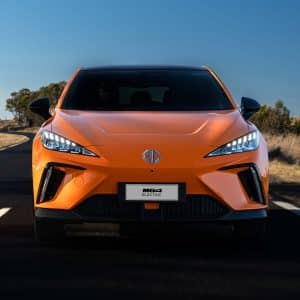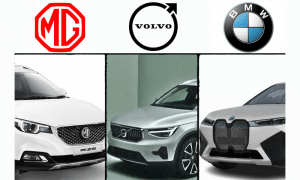A new technology being developed in South Australia could revolutionise how households use energy. The technology, called “vehicle-to-grid” (V2G), also known as “vehicle-to-home” (V2H), allows electric vehicles to be used as home power sources. This means that households could charge their electric vehicles during the day using renewable energy and then use that energy to power their homes at night.
Attention, automobile enthusiasts! Are you prepared to embark on an electrifying journey with your next car? Brace yourself for a groundbreaking opportunity that will revolutionise your driving experience. Don’t miss out on this exclusive chance to book a test drive in one of the latest and most cutting-edge electric vehicles (EVs) available right in your very own neighbourhood!
So, what are you waiting for? Seize this moment to revolutionise your driving experience. Be a trendsetter, an innovator, and a protector of our planet. Book your test drive today and prepare to join the growing community of electric vehicle enthusiasts. The road to a sustainable and electrifying future awaits – don’t miss your chance to be part of it!
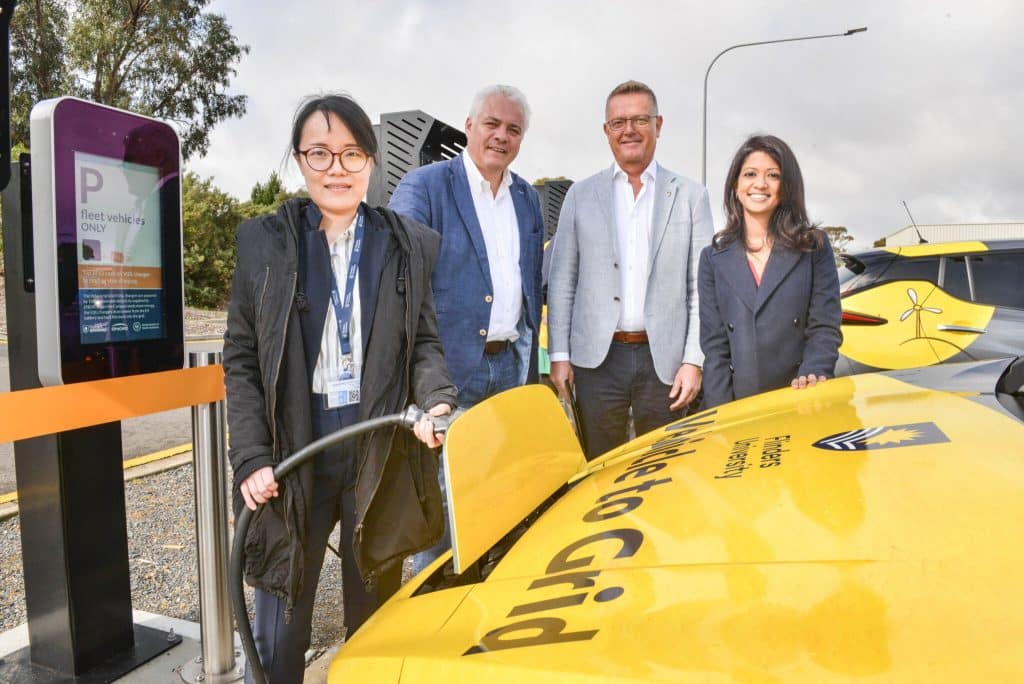
A new bidirectional vehicle-to-grid (V2G) charging station has opened at Flinders University in South Australia, marking a major milestone in developing this innovative technology. The station, the largest of its kind in Australia, is designed to help balance the grid and provide backup power during peak demand.
V2G technology allows electric vehicles to be used as a source of energy storage. When the grid is under strain, vehicles can be plugged in and used to discharge electricity, helping to prevent blackouts. Conversely, when the grid has excess power, vehicles can be used to store that energy, which can then be used later on.
The V2G charging station at Flinders University has 10 charging bays, each of which can provide up to 22 kW of power. This means that the station has a total capacity of 220 kW, which is enough to power around 200 homes. The station is also equipped with a battery storage system, which can store up to 1 MWh of energy.
The V2G charging station is part of a larger project called the Virtual Power Plant (VPP), which Engie and Flinders University are developing. The VPP will use a combination of renewable energy, battery storage, and V2G technology to provide a more reliable and efficient electricity supply.
Quotes
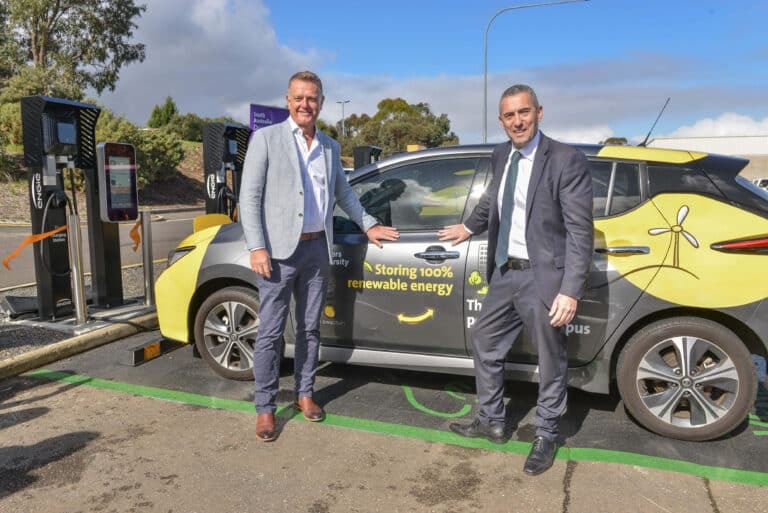
Minister for Infrastructure and Transport, Tom Koutsantonis MP
“We are delighted to see this bold trial at Flinders hit its first key milestone, charging electric vehicles and feeding power back into the grid when needed, demonstrating how EVs can be harnessed to support SA’s electricity system during peak demand periods.”
“More and more electric vehicles will be hitting our roads in years to come as we travel towards net zero emissions. With trials like this investigating the possibilities for broad use of this technology we can be confident we are on the right track.”
Flinders University Vice-Chancellor Professor Colin Stirling
“Flinders runs on 100 per cent renewable energy, including 20 per cent generated right here on campus through our massive solar arrays. Thanks to the South Australian Government’s Electric Vehicle Smart Charging Trial we’re taking another big step towards sustainability.”
“With inspiring education and research into solar and battery technologies, we’re supporting South Australia’s transition to a renewable world, underpinned by incredible research growth of 140 per cent in just five years.”
ENGIE ANZ CEO, Rik De Buyserie
“The integration of renewable energy, EV charging and demand management systems better matches renewable output to a site’s demand, reduces emissions and puts downward pressure on electricity prices.”
Sources&Images: Flinders University, 9News
Energy Matters has been a leader in the renewable energy industry since 2005 and has helped over 40,000 Australian households in their journey to energy independence.
Let us discuss and choose the best quote that suits your needs and budget, and we can connect you with our trusted local installers, who will provide up to 3 FREE quotes for your home and business solar energy system.
EVs to lower energy bills
EVs run on electricity, which is a much cheaper fuel than gasoline or diesel. In fact, the cost of driving an EV can be as low as $0.40 per kilometre, compared to $0.80 per kilometre for a gasoline car.
One Australian winemaker, Joseph Evans, is already using this technology. He uses solar power to charge his EV during the day, and then it powers his home and business at night. This has saved him an estimated $2,500 per year on his energy bills. Learn more about SA Winery: First To Power With Solar Energy Stored In Electric Vehicle.
As the number of EVs on the road increases, the potential for this technology to save money for households and businesses will only grow. In the future, it is possible that EVs could even help to stabilise the electricity grid and make it more reliable.

Who will benefit most from EV technology?
The industries that will benefit most from EV technology include:
- Battery providers: As the demand for EVs increases, so will the demand for batteries. Battery providers will need to invest in new technologies and production capacity in order to meet the growing demand.
- Transport: The transport industry will benefit from EV technology in a number of ways. EVs will reduce the need for gasoline, saving consumers and businesses money. EVs will also reduce emissions, which will improve air quality.
- Utility providers: Utility providers will benefit from EV technology by selling more electricity to EV owners. As more and more people switch to EVs, the demand for electricity will increase. Utility providers will need to be prepared to meet this demand.
- E-commerce: E-commerce companies will benefit from EV technology by reducing their delivery costs. EVs are more efficient than gasoline cars, which means that they can deliver more packages per gallon of fuel. This will save e-commerce companies money on their delivery costs.
- Delivery: Delivery companies will also benefit from EV technology by reducing their operating costs. EVs are more efficient than gasoline cars, meaning they can deliver more packages daily. This will save delivery companies money on their operating costs.
- EV manufacturers: EV manufacturers will benefit from the increasing demand for EVs. As more people switch to EVs, the demand for EV manufacturers’ products will increase. This will lead to increased sales and profits for EV manufacturers.
The future of V2G charging
The Australian government is also supportive of V2G technology. In 2022, the government announced a A$20 million investment in V2G research and development. This investment will help to accelerate the development of V2G technology in Australia and make it more widely available.
The opening of the V2G charging station is a significant development for the Australian energy market. It shows that V2G technology is now a viable option for balancing the grid and providing backup power. As the number of electric vehicles in Australia increases, V2G technology is likely to play an increasingly important role in the future of the grid
Are you ready to embrace a greener future by installing an electric vehicle (EV) charger?
Imagine the convenience of having your own charging station, allowing you to power up your EV whenever it’s convenient for you. You can contribute to a cleaner environment and combat climate change by installing an EV charger at your home or business. Energy Matters‘ trusted local installers are ready to provide you with a personalised quote tailored to your specific needs.
Don’t wait any longer; request your quote today and be part of the EV charging revolution!











